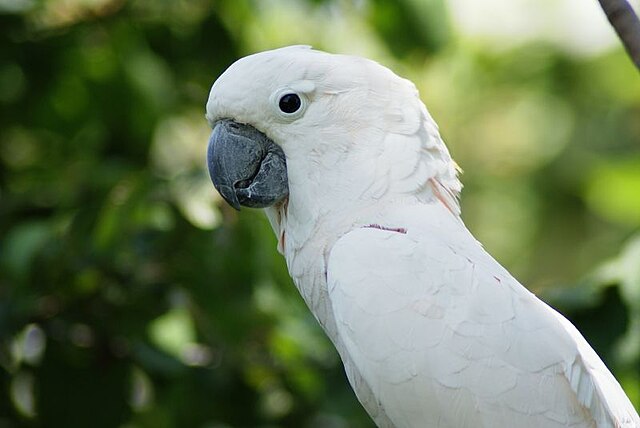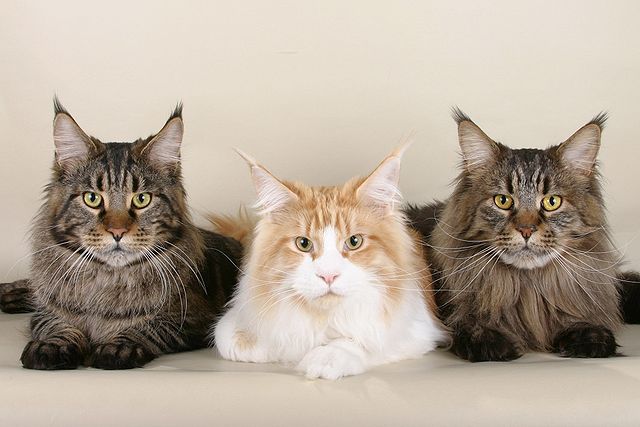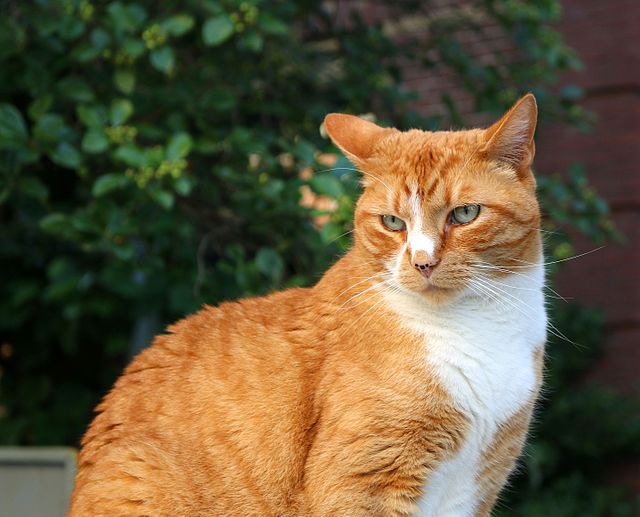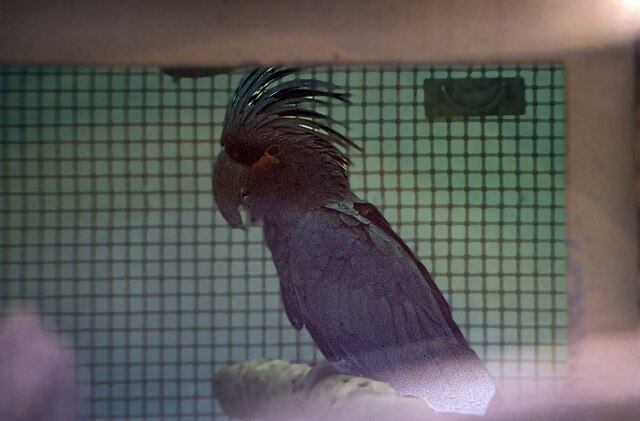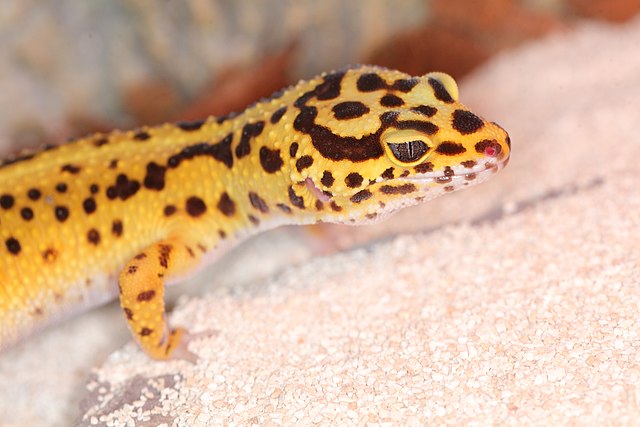When it comes to charismatic avian companions, few can rival the enchanting allure of the white cockatoo. These magnificent birds, with their striking plumage and captivating personalities, have become a symbol of beauty and intelligence. In this comprehensive guide, we delve into the world of the white cockatoo, exploring their habitat, behavior, and the joys of having them as pets.
Understanding the White Cockatoo
The white cockatoo, also known by its scientific name Cacatua alba, is a fascinating species with a rich tapestry of behaviors that showcase its intelligence and social nature. One of the key aspects to comprehend is their intricate social dynamics within flocks. In the wild, these birds form tight-knit communities where communication is not just a means of survival but also a form of bonding.
These avian communities engage in a variety of vocalizations, ranging from melodious calls to raucous squawks. The white cockatoo’s ability to mimic sounds is not just for entertainment; it’s a crucial element of their communication strategy. Understanding the nuances of their vocalizations provides valuable insights into their mood, needs, and even warnings about potential threats in their environment.
Adaptive Habitat and Natural Instincts
Native to Australia and neighboring regions, the white cockatoo has adapted to diverse habitats, from tropical rainforests to coastal areas. Observing these birds in their natural habitat unveils their adaptability and resourcefulness. Their keen sense of curiosity and playfulness is not just endearing but also serves a vital purpose in honing their survival instincts.
In the wild, white cockatoos exhibit foraging behaviors, using their strong beaks to crack open nuts and seeds. This instinctual foraging behavior remains ingrained even in captive settings. This emphasizes the importance of providing engaging activities and toys to stimulate their minds and mimic their natural foraging experiences.
Intelligence and Problem-Solving Skills
Renowned for their intelligence, white cockatoos have the ability to learn complex tasks and solve problems. This cognitive prowess makes them quick learners, responsive to positive reinforcement in training scenarios. Their inquisitive nature prompts them to explore their surroundings, requiring owners to create an environment that challenges and engages their intellect.
It’s not uncommon for white cockatoos to showcase a sense of creativity in solving problems, whether it’s figuring out how to access a treat hidden in a puzzle toy or navigating their surroundings in innovative ways. Recognizing and encouraging this intelligence is integral to fostering a healthy and fulfilled companion.
Understanding the white cockatoo goes beyond appreciating its physical beauty. It also involves delving into the intricacies of its social interactions, adaptive behaviors, and remarkable intelligence. As prospective or current caretakers, embracing these aspects enhances the connection with these magnificent birds, leading to a more enriching and fulfilling experience of companionship.

Caring for Your White Cockatoo
Ensuring the well-being of your white cockatoo begins with a meticulous approach to its diet. These magnificent birds thrive on a diet that mirrors their natural intake in the wild.
Nutritional Essentials and Dietary Diversity
A well-balanced mix of fresh fruits, vegetables, high-quality pellets, and nuts is crucial for meeting their nutritional requirements. It’s imperative to understand the specific dietary needs of white cockatoos, as deficiencies can lead to health issues.
Fresh water should always be readily available, and dietary adjustments may be necessary based on factors such as age, health status, and activity level. Regular consultations with an avian veterinarian can provide tailored guidance, ensuring your white cockatoo receives optimal nutrition throughout its life.
Creating an Avian Paradise: Housing and Environmental Enrichment
The living environment plays a pivotal role in the physical and mental health of your white cockatoo. These birds, known for their social nature, thrive in spacious settings. Whether you opt for a large cage or an outdoor aviary, the key is to provide ample space for movement, exercise, and mental stimulation.
Incorporating a variety of perches, toys, and climbing structures mimics the diversity of their natural habitat, preventing boredom and encouraging physical activity. Regularly rotating and introducing new toys keeps their inquisitive minds engaged, preventing behavioral issues that can arise from monotony.
Mental Stimulation and Social Interaction
White cockatoos are not just beautiful; they are highly intelligent beings that require mental stimulation and social interaction. Engaging with your cockatoo through interactive play, training sessions, and positive reinforcement not only strengthens your bond but also provides the mental challenge they crave.
These birds thrive on attention and can develop behavioral problems if left without stimulation. Incorporating activities like puzzle toys, foraging games, and even simple training commands taps into their problem-solving skills and prevents boredom. Regular, positive interaction is the cornerstone of a happy and well-adjusted white cockatoo.
Health Monitoring and Veterinary Care
Regular health check-ups are essential for the long-term well-being of your white cockatoo. Avian veterinarians experienced in exotic birds can conduct thorough examinations, address nutritional concerns, and provide guidance on potential health issues. Early detection of health issues is crucial, as prompt intervention can significantly improve outcomes.
Owners should be vigilant in observing changes in behavior, appetite, and droppings. Maintaining a clean living environment and practicing good hygiene reduces the risk of common avian diseases. Owners should also be prepared for the long lifespan of white cockatoos. There should be a commitment to consistent care and attention throughout their decades-long journey.

Caring for a white cockatoo is not merely a responsibility; it’s a rewarding journey of companionship. From providing a nutritionally rich diet to creating an enriched living space, the commitment to their well-being is a commitment to a flourishing bond. As caretakers, embracing the multifaceted aspects of their care ensures that your white cockatoo enjoys a life filled with health, happiness, and the joy of being an integral part of your avian-loving family.
Challenges and Rewards of White Cockatoo Ownership
Challenges
Owning a white cockatoo, while immensely rewarding, comes with its set of challenges. Prospective caretakers must be prepared to address these.
Long Lifespan and Lifelong Commitment
White cockatoos boast an impressive lifespan, often reaching up to 80 years. While this longevity underscores their resilience, it also means that adopting a white cockatoo is a lifelong commitment. Prospective owners must consider the long-term responsibilities involved, ensuring they are ready for the dedication required for the bird’s entire lifespan.
Vocal Nature
White cockatoos are known for their vocal prowess, which can be a double-edged sword. While their ability to mimic sounds and even words can be entertaining, it may become challenging for those living in close quarters or noise-sensitive environments. Potential owners should be prepared for the potential noise level. Steps should be taken to manage it through training and environmental adjustments.
Need for Attention
These social birds thrive on interaction and can develop behavioral issues if left alone for extended periods. The need for attention and mental stimulation requires owners to invest time and effort in socializing with their white cockatoo regularly. Failure to meet this social requirement may lead to problems such as feather plucking and other behavioral concerns.
Rewards
The challenges notwithstanding, the rewards of white cockatoo ownership are abundant, creating a deeply fulfilling and joyous experience.
Affectionate Companionship
White cockatoos are renowned for their affectionate nature. They form strong bonds with their human caretakers, seeking companionship and physical interaction. The joy of having a feathered friend who genuinely cares for your presence and actively engages with you is a reward that surpasses many challenges.
Mimicry and Entertaining Antics
The ability of white cockatoos to mimic sounds, including human speech, adds an element of entertainment to their presence. Their amusing antics, playful behaviors, and intelligent problem-solving skills make them delightful companions, bringing laughter and joy into their owners’ lives.
Unique Family Member
Adopting a white cockatoo means welcoming a unique and cherished member into your family. Their distinct personalities, social interactions, and the bonds formed over the years create a relationship that goes beyond the conventional pet-owner dynamic. A white cockatoo becomes an integral part of the family fabric, enhancing the overall quality of life.

In conclusion, while challenges exist in the realm of white cockatoo ownership, the rewards far outweigh them. The key lies in understanding and addressing the challenges proactively, allowing for the development of a deep and meaningful connection with these magnificent birds. As companions, white cockatoos offer a unique blend of affection, intelligence, and entertainment, making them a truly valuable addition to any bird enthusiast’s home.
Conclusion
In conclusion, the white cockatoo stands as a testament to nature’s artistry, captivating hearts around the world. Whether you’re an avian enthusiast or considering a feathered friend as a pet, understanding the intricacies of these magnificent birds is paramount. The white cockatoo’s beauty, intelligence, and social nature make it a unique and cherished addition to any household.



